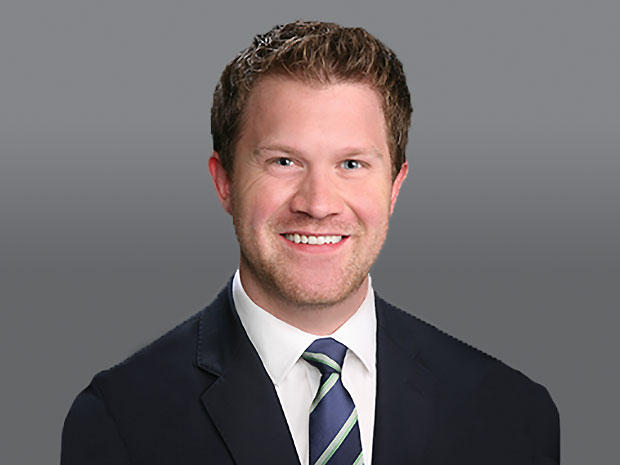The IRS recently published Rev. Proc. 2021-20, providing a safe harbor regarding the accounting period in which to claim deductions paid for with PPP funds. This safe harbor allows taxpayers to elect to deduct expenses in the first tax year after the taxpayer’s 2020 taxable year return versus filing an amended return or administrative adjustment request.
To give some history, the SBA was instructed to administer PPP loans through the Coronavirus Aid, Relief, and Economic Security Act (CARES Act). At the time, it was known that these loans could be forgiven if the full amount of the loan was incurred for qualified costs: payroll costs, interest on a covered mortgage obligation, any covered rent obligation payment and any covered utility payment. Pursuant to the CARES Act, forgiven PPP amounts were excluded from gross income.
The IRS issued a notice and a revenue ruling stating that while the loan forgiveness was exempt from gross income, the amounts paid with such funds were not deductible expenses. In essence, PPP became a taxable item. This was not a popular conclusion for taxpayers and PPP borrowers requested Congress to provide a ‘fix’ for this unintended consequence. Then, on Dec. 27, 2020, the Consolidated Appropriations Act, 2021 became law and allowed the deduction of expenses related to loans forgiven or expected to be forgiven.
The delay in legislative fix created issues for fiscal year taxpayers. Due to the prior IRS position of nondeductibility, fiscal year taxpayers may have already filed their 2020 tax returns prior to Congress passing the PPP deductibility fix. The safe harbor provided in Rev. Proc. 2021-20 allows impacted taxpayers a choice in how to claim their now allowed PPP expenses.
Safe Harbor Election
A taxpayer may elect to deduct expenses related to forgiven PPP loans on a timely filed, including extensions, original Federal income tax return or information return in the immediate subsequent year. The taxpayer does not need to amend their return or make an administrative adjustment request. To qualify the taxpayer must be a ‘Covered Taxpayer’ and the election must fulfill certain requirements contained within the revenue procedure.
A Covered Taxpayer must satisfied all of the follows conditions:
1. The taxpayer received an original PPP covered loan
2. The taxpayer paid or incurred original eligible expense during its 2020 taxable year
3. On or before Dec. 27, 2020, the taxpayer timely filed, including extensions, a Federal income tax return or information return, as applicable, for its 2020 taxable year
4. On its Federal income tax return or information return, as applicable, the taxpayer did not deduct the original eligible expenses because--
a. The expenses resulted in forgiveness of the original PPP covered loan; or
b. The taxpayer reasonably expected at the end of the 2020 taxable year that the expenses would result in such forgiveness.
The election must be made on the covered taxpayer’s timely filed, including extensions, Federal income tax return or information return for the first taxable year following its 2020 taxable year. A statement must also be attached to the filed return titled ‘Revenue Procedure 2021-20 Statement’ (and named RevProc2021-20.pdf for e-file attachments) and include the following information:
1. The Covered Taxpayer’s name, address and social security number or taxpayer identification number;
2. A statement that the Covered Taxpayer is applying the safe harbor;
3. The amount and date of disbursement of the taxpayer’s original PPP covered loan; and
4. A list, including descriptions and amounts, of the original eligible expenses paid or incurred by the Covered Taxpayer during the Covered Taxpayer’s 2020 taxable year that are reported on the Federal income tax return or information return, as applicable, for the Covered Taxpayer’s first taxable year following that 2020 taxable year.
New expenses not included as part of the original eligible expenses are not eligible to be deducted through this election by a Covered Taxpayer. Also, any expenses related to the PPP Second Draw are not original PPP covered loans and therefore are not eligible expenses.
Finally, this election does not protect the IRS from examining any issues related to claimed deductions and requesting additional information or documentation to verify any amounts described in the statements required for this election.
An impacted taxpayer should discuss the impact of amending returns or following this safe harbor with its tax advisor.


